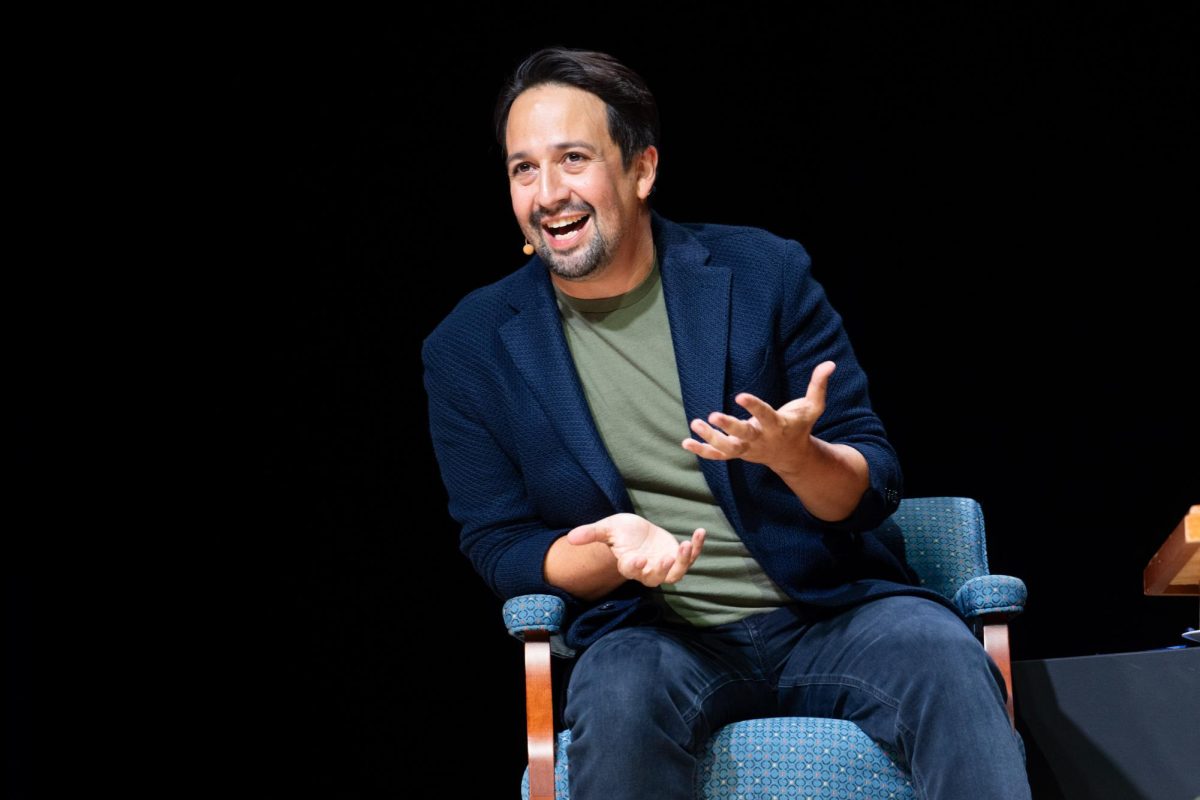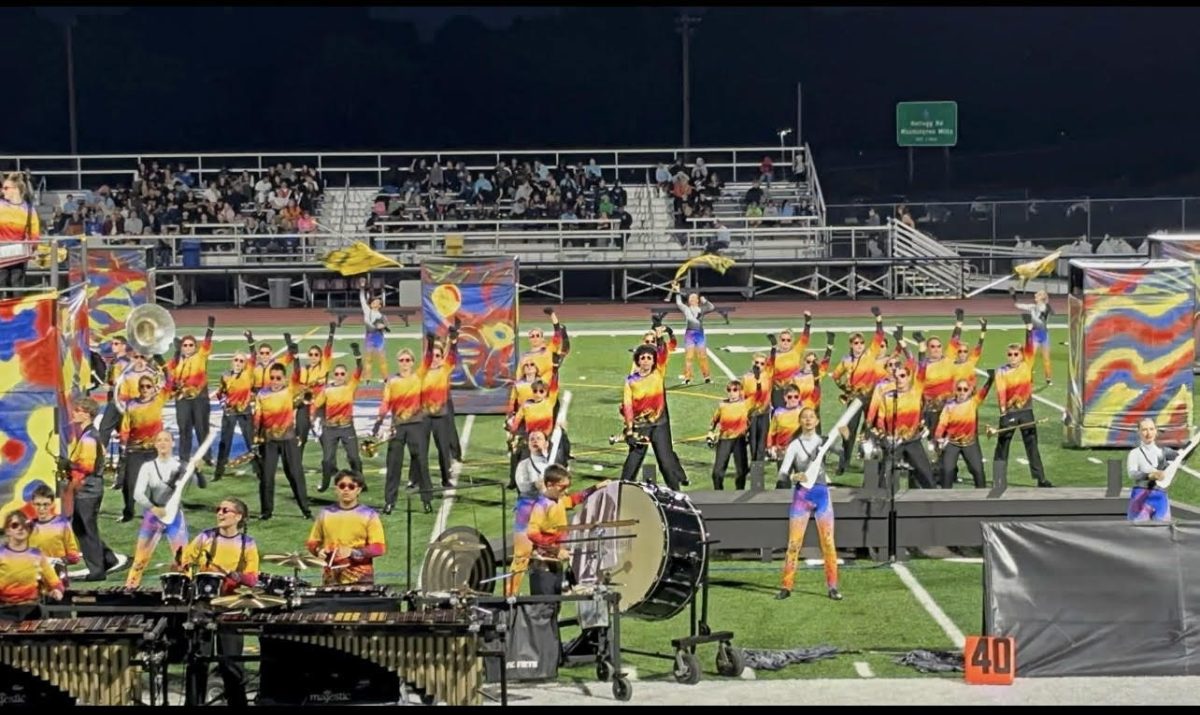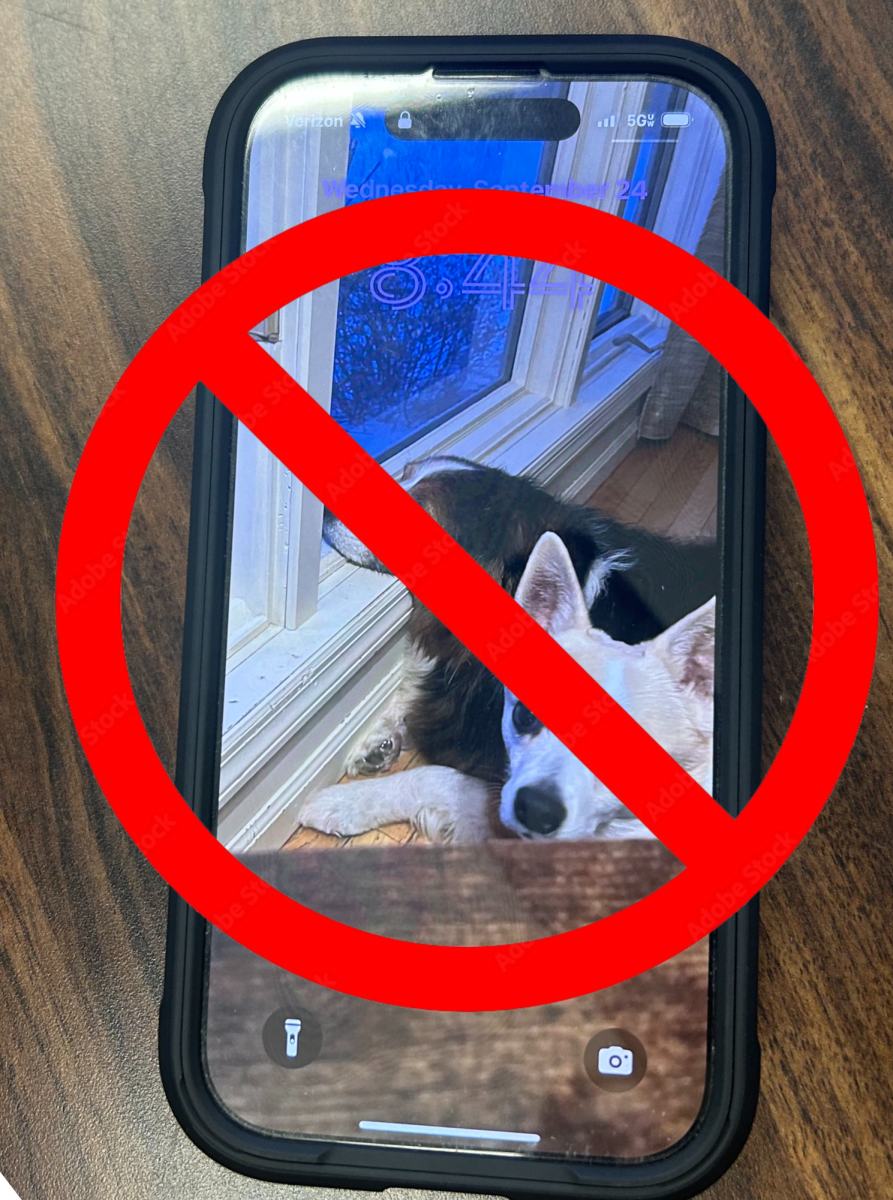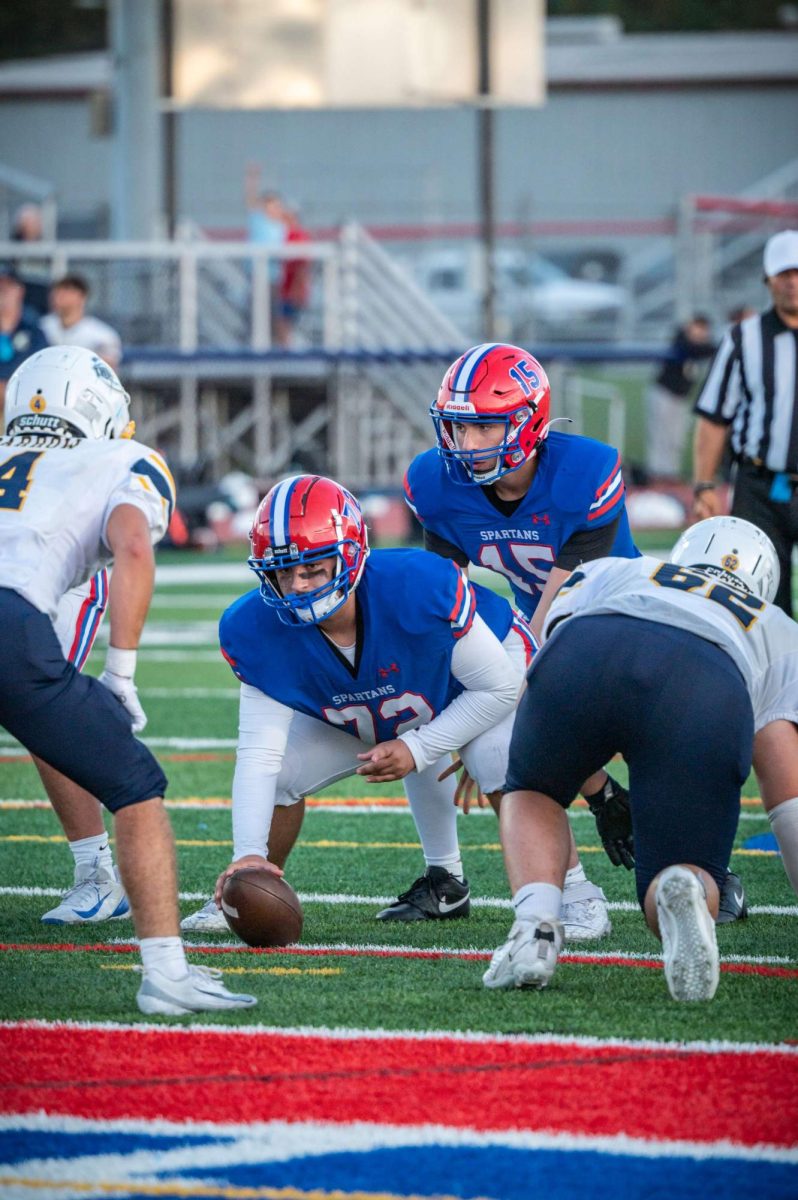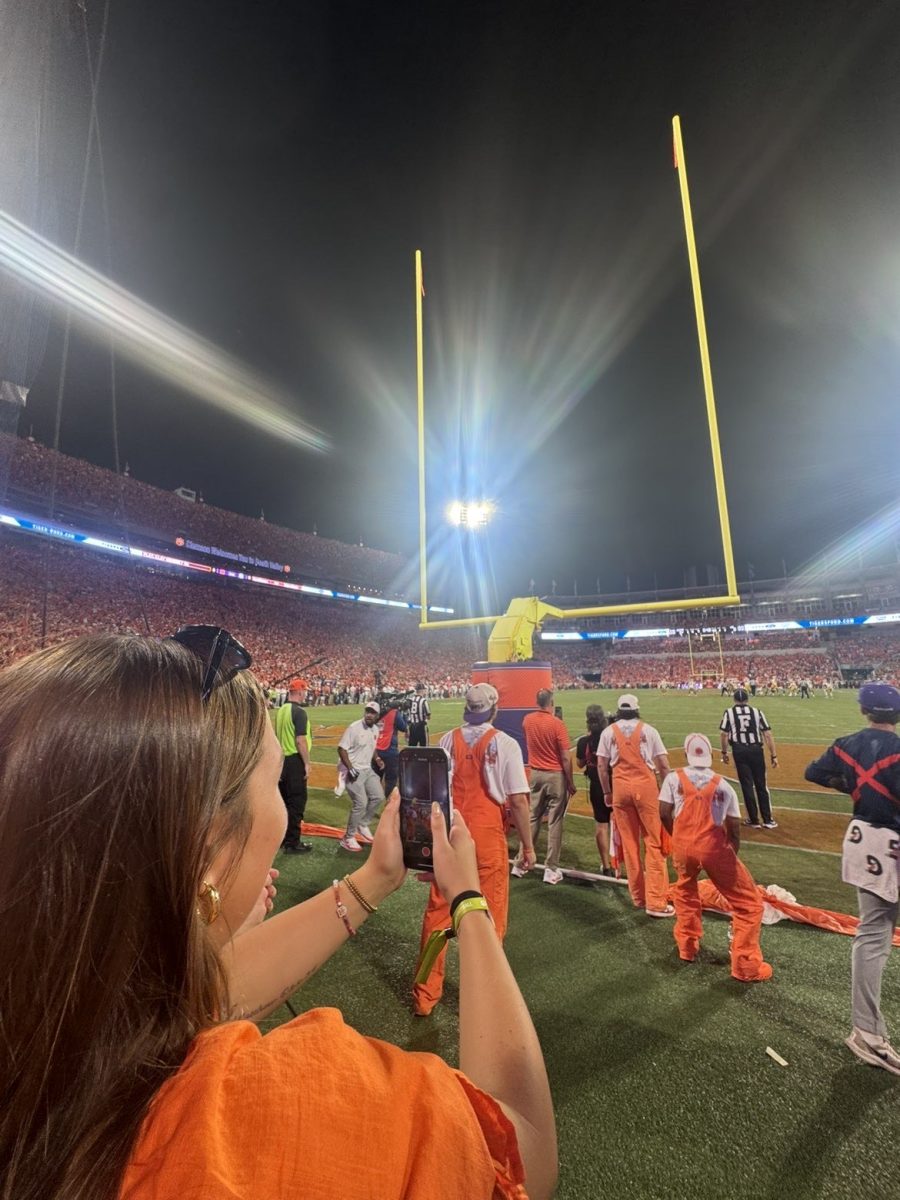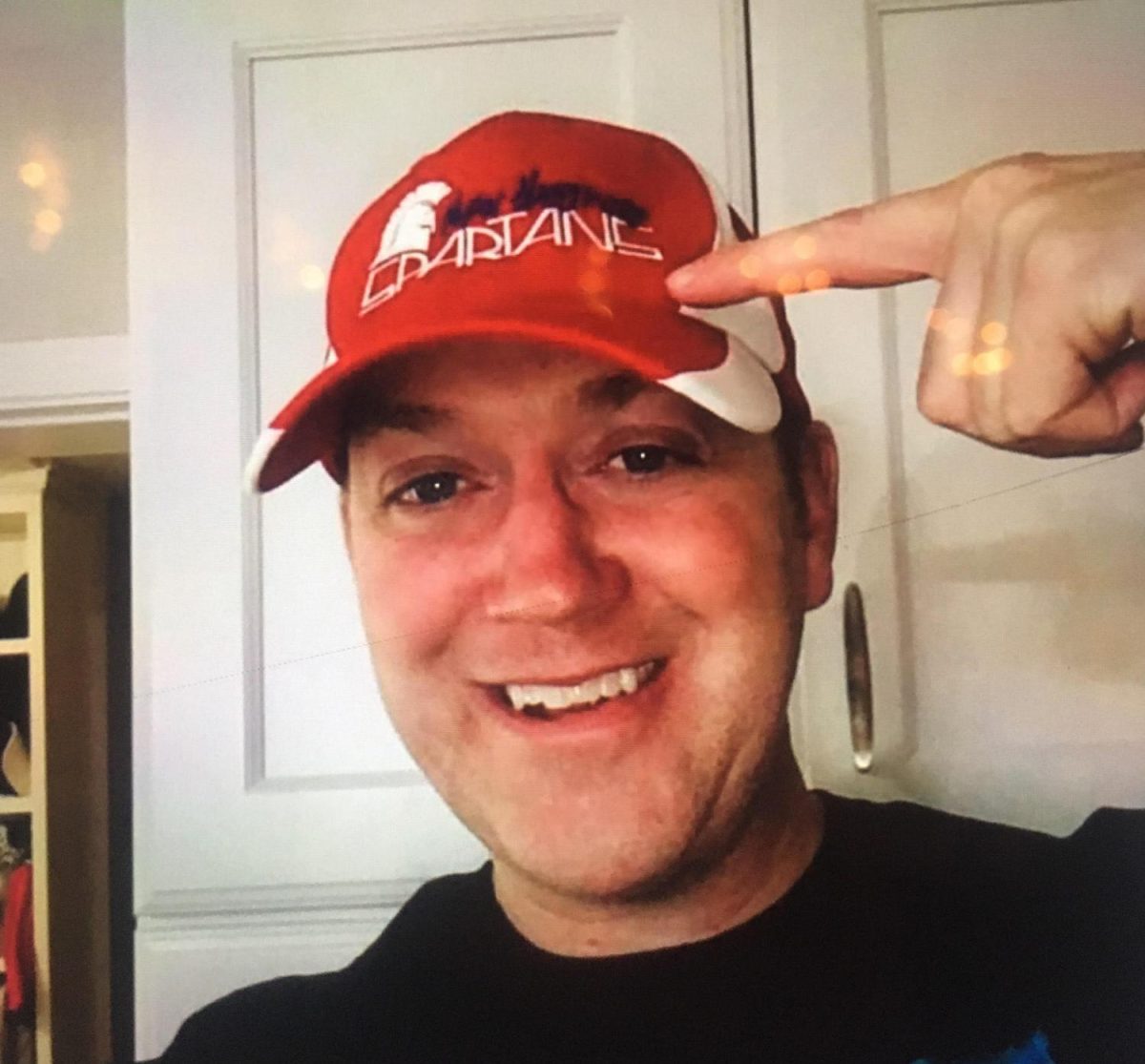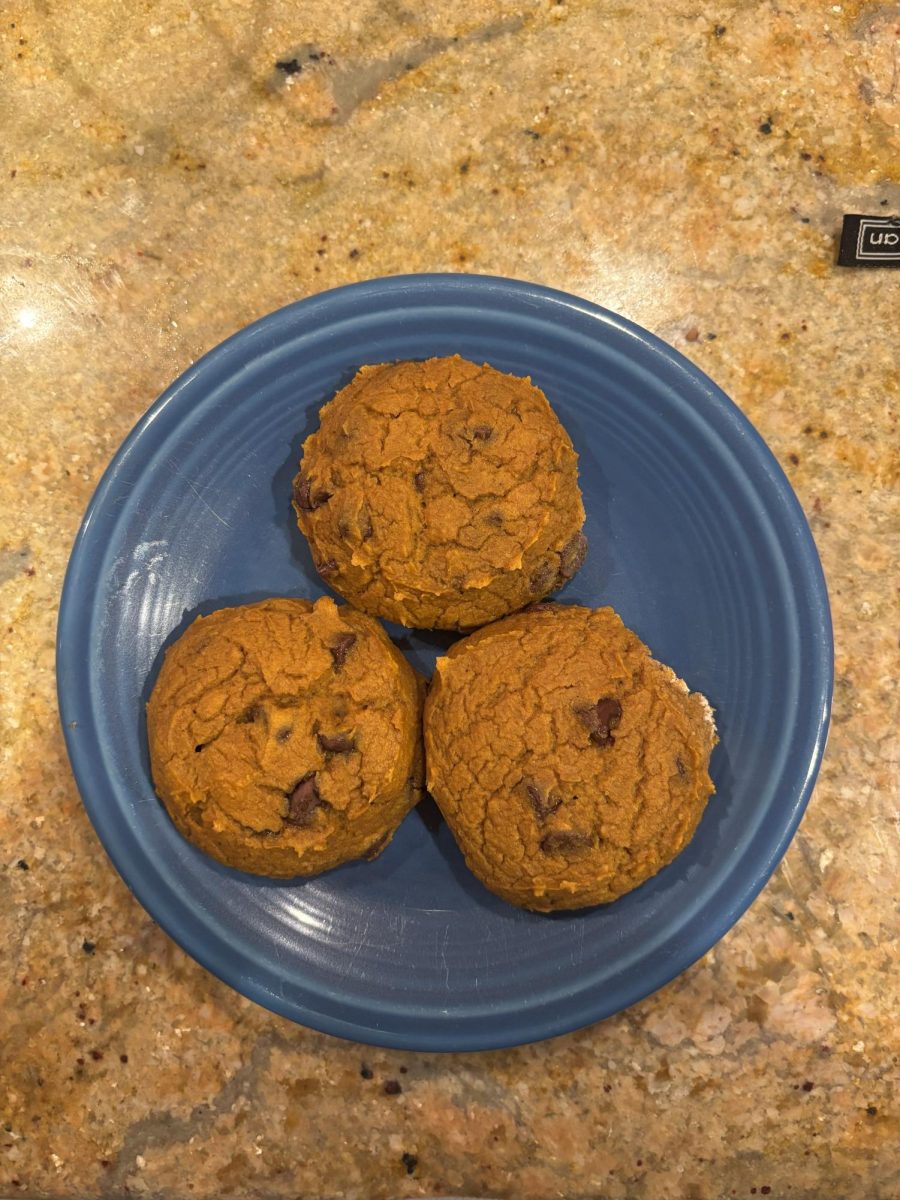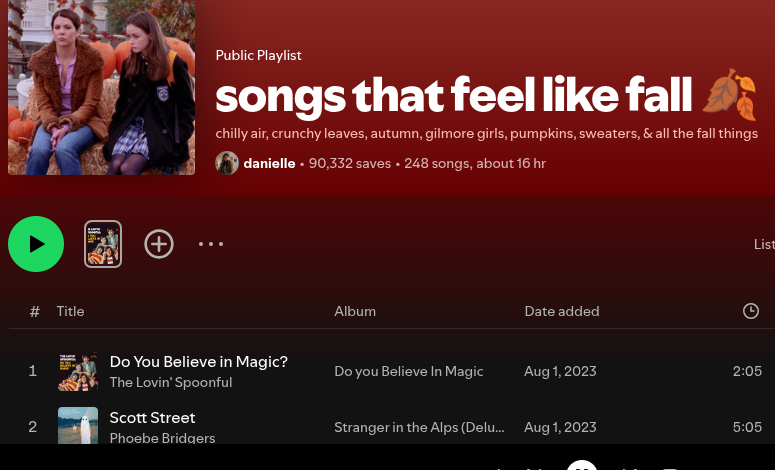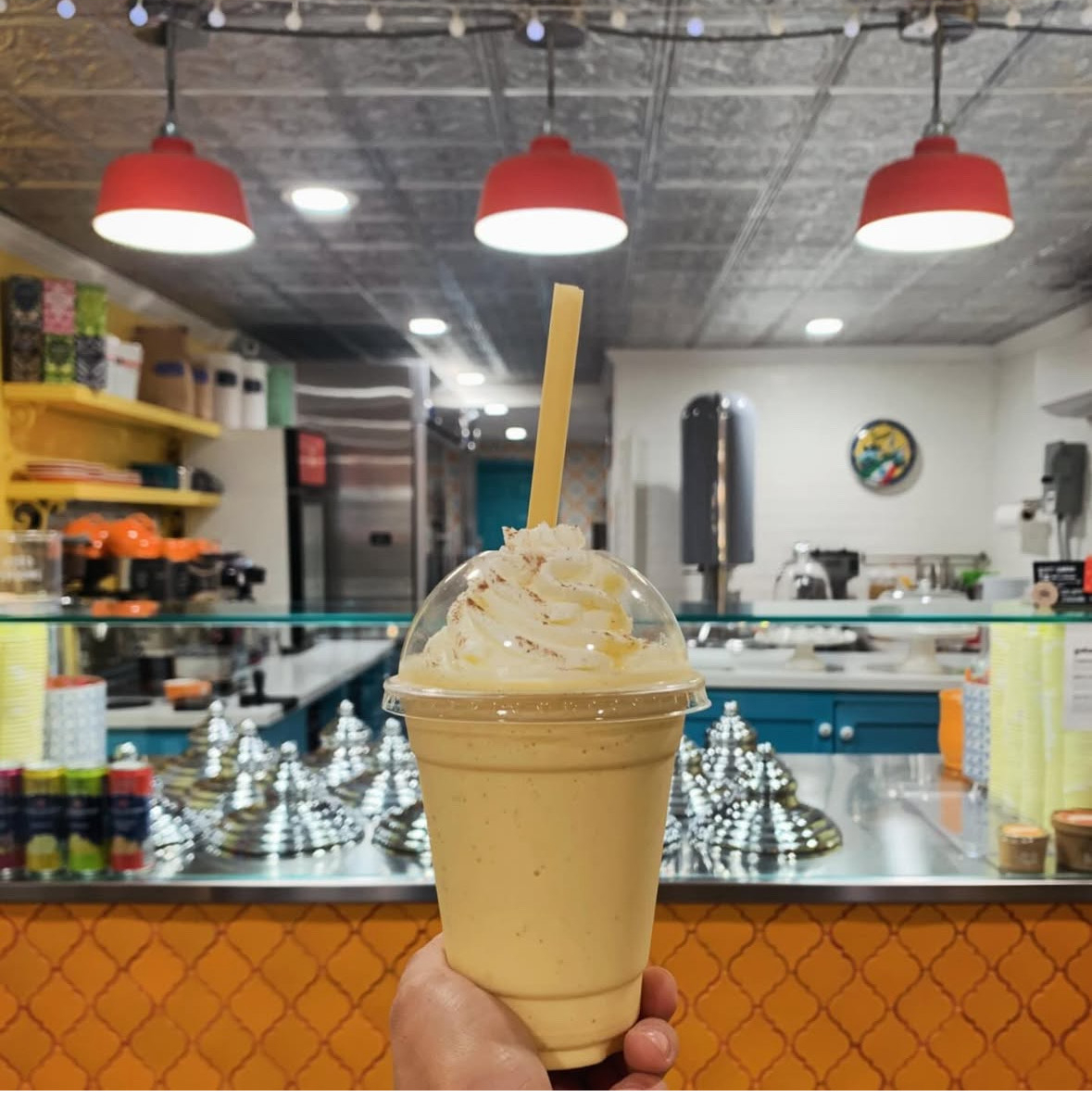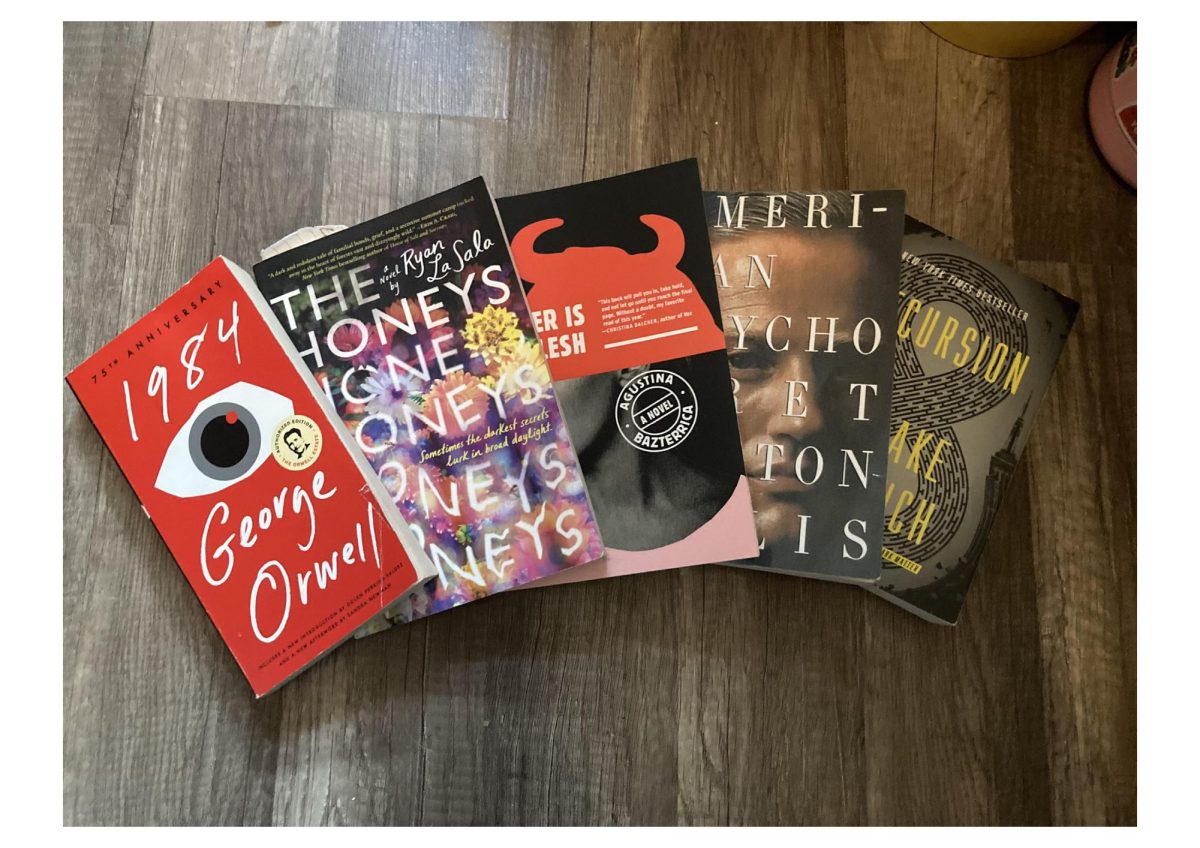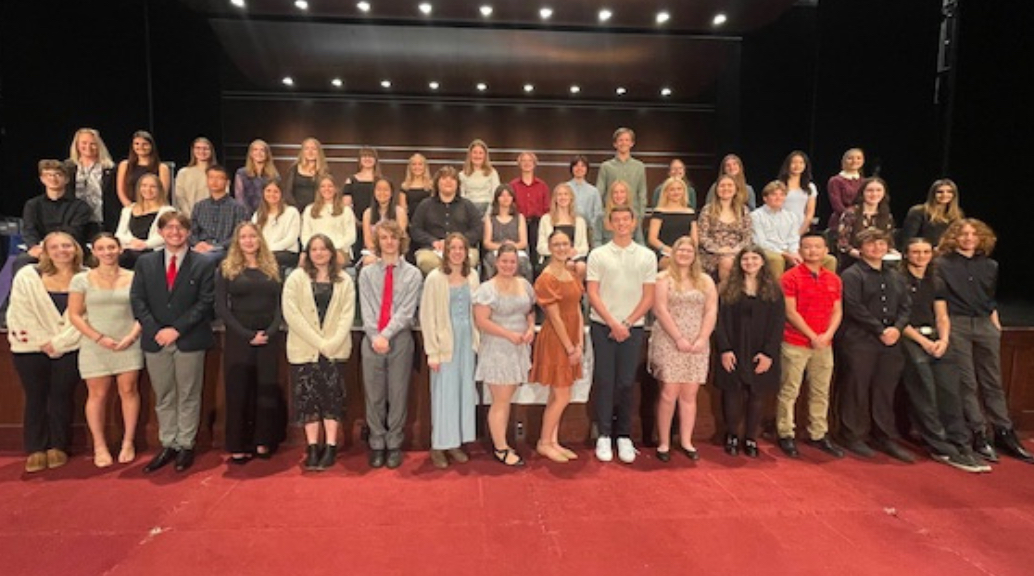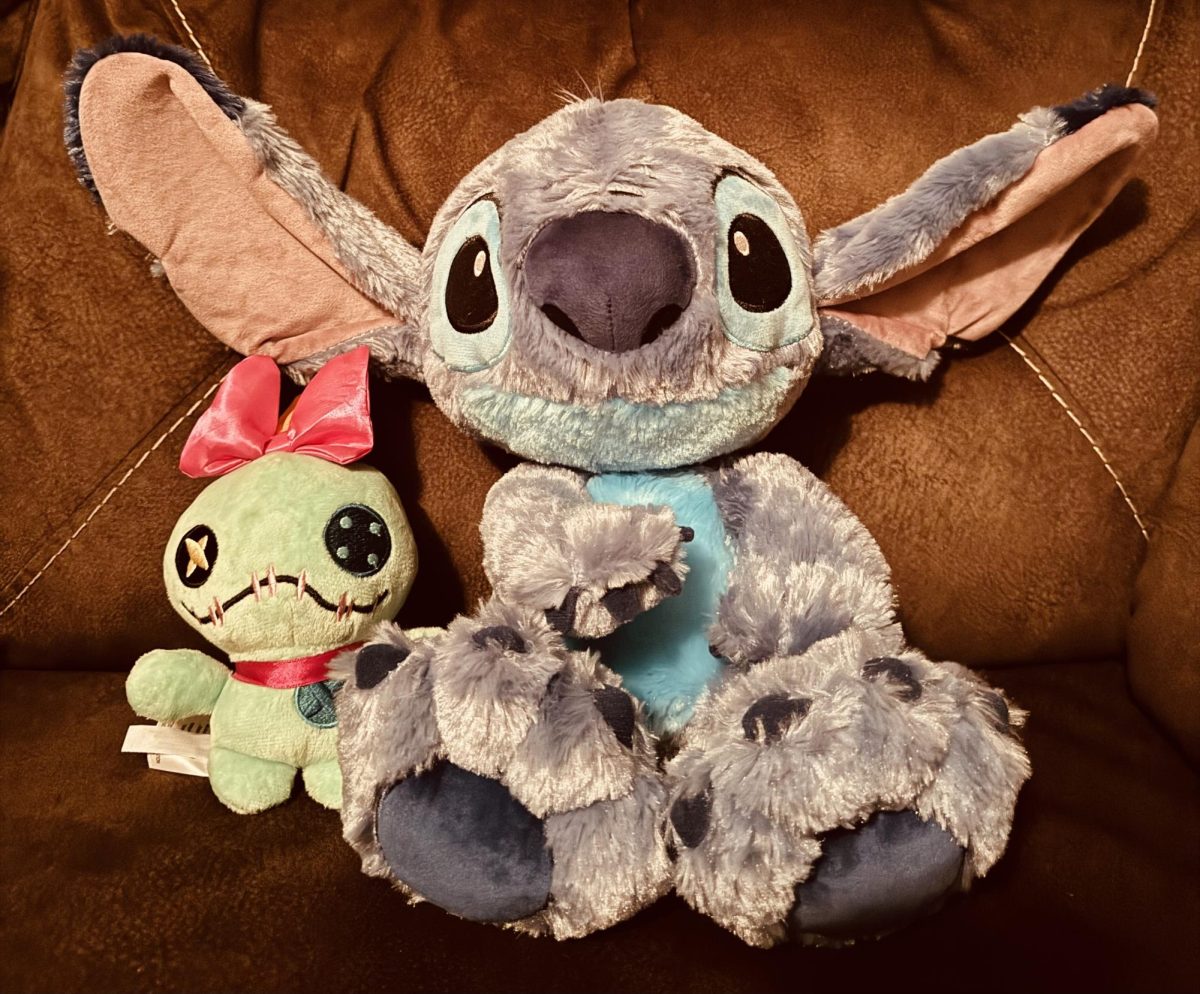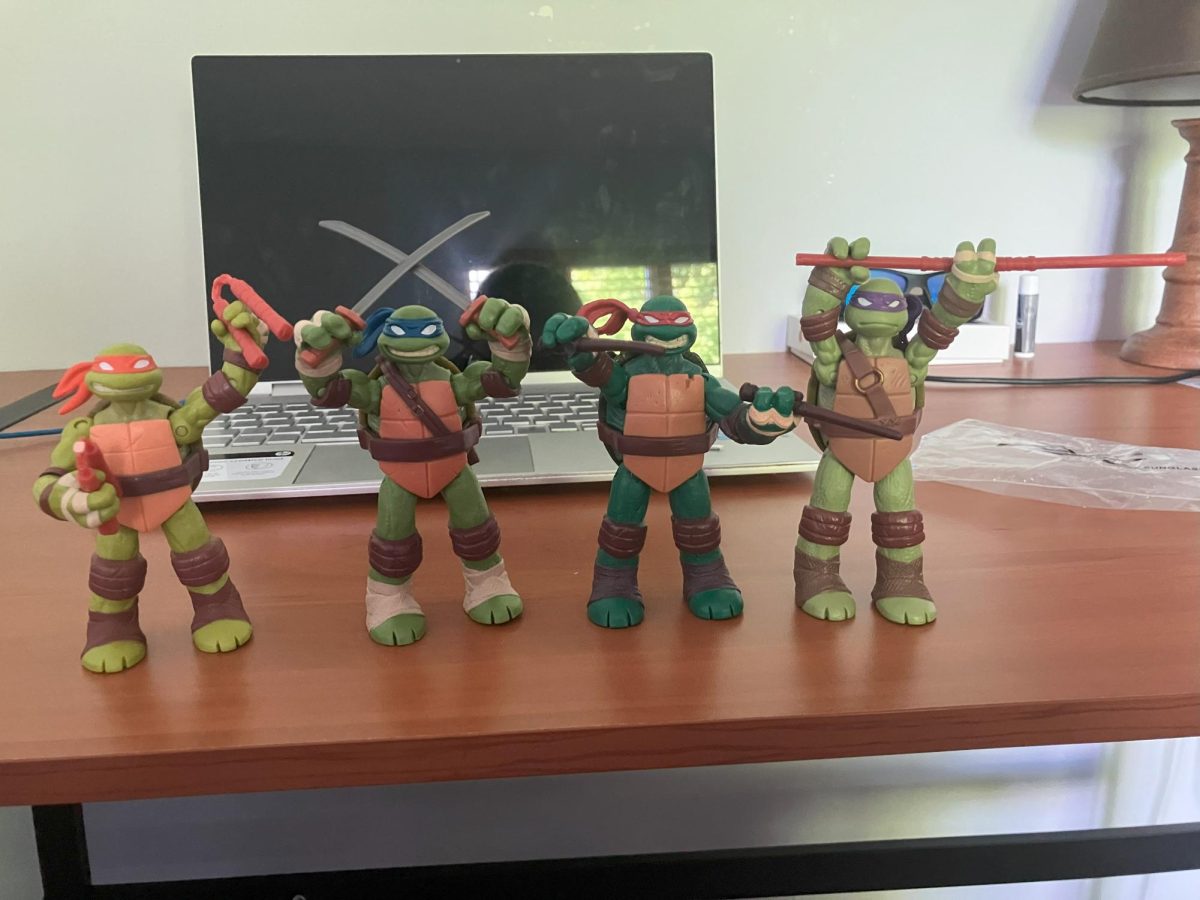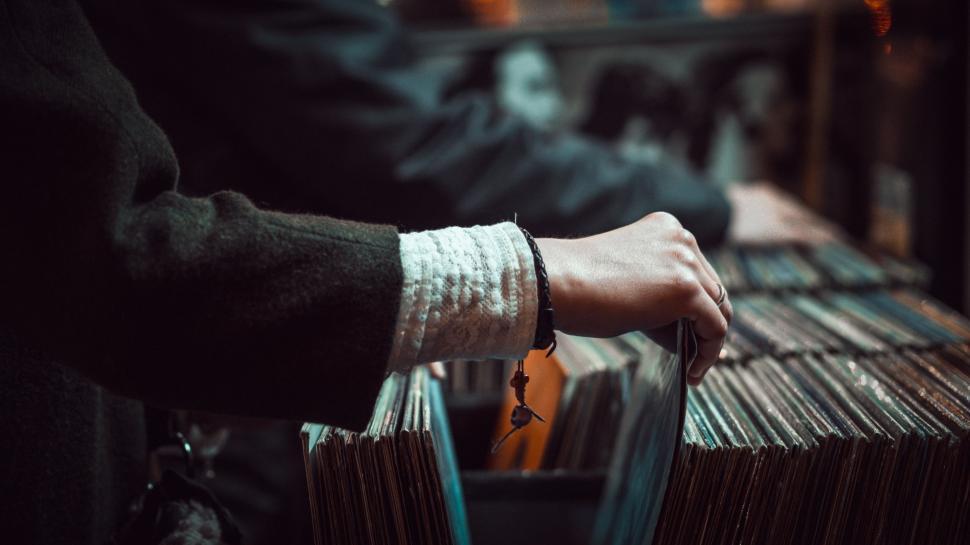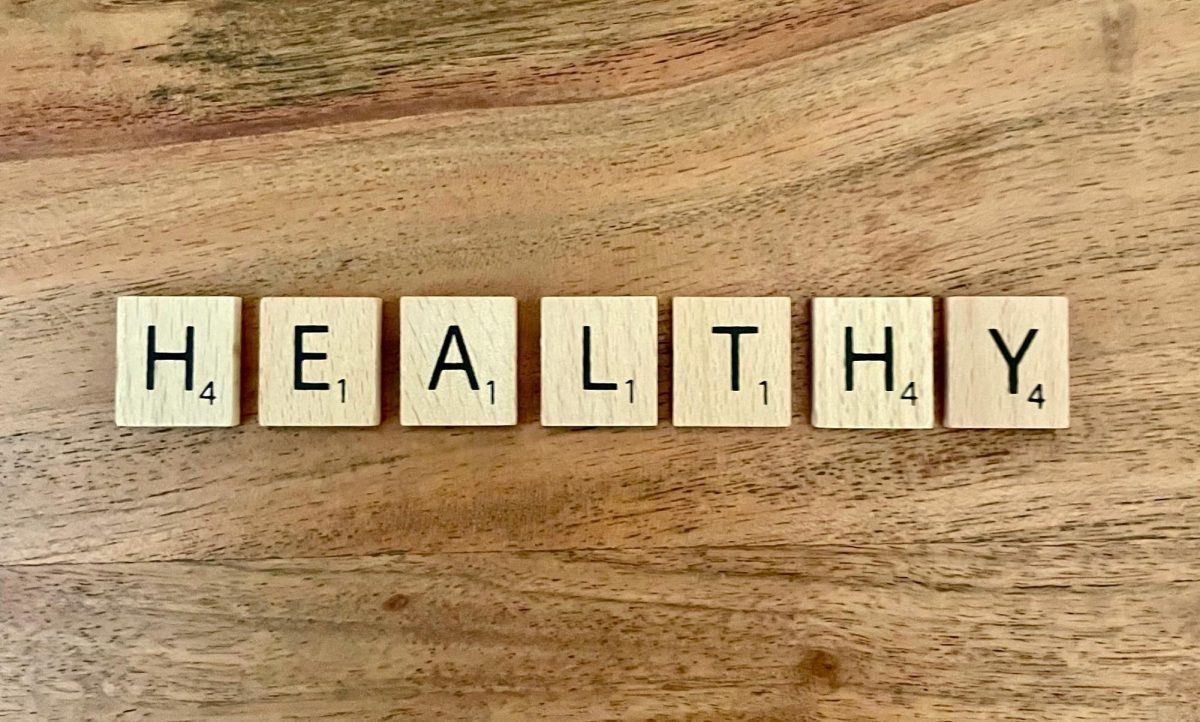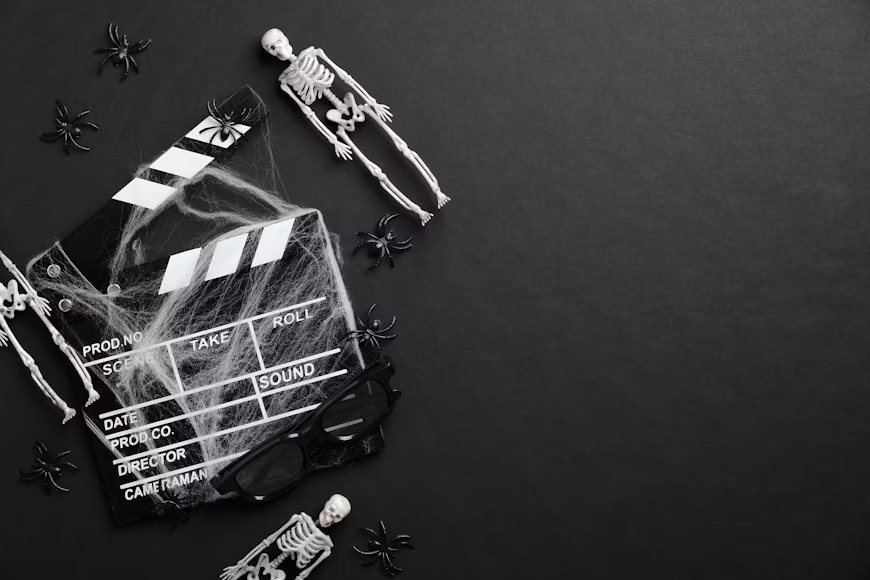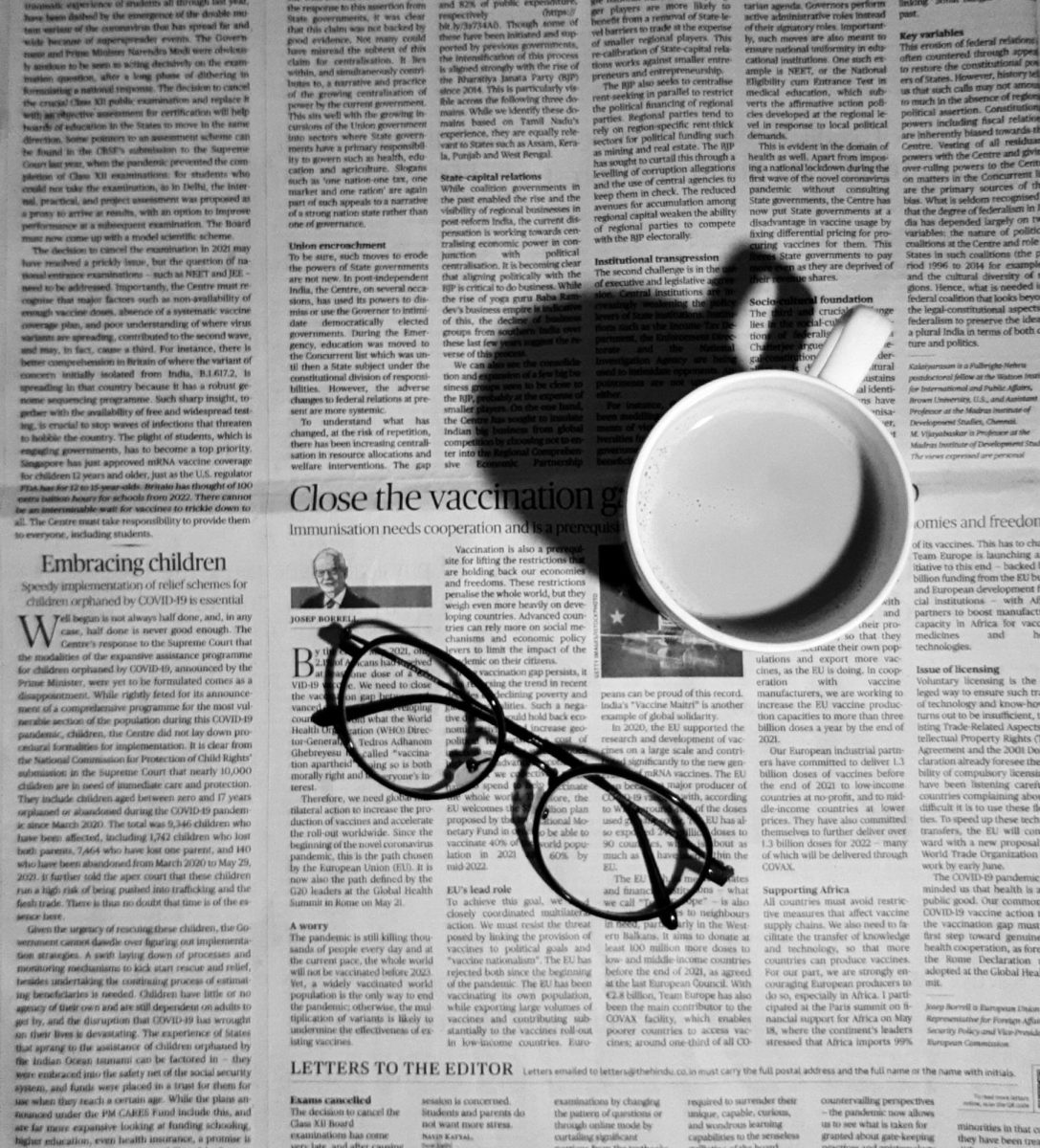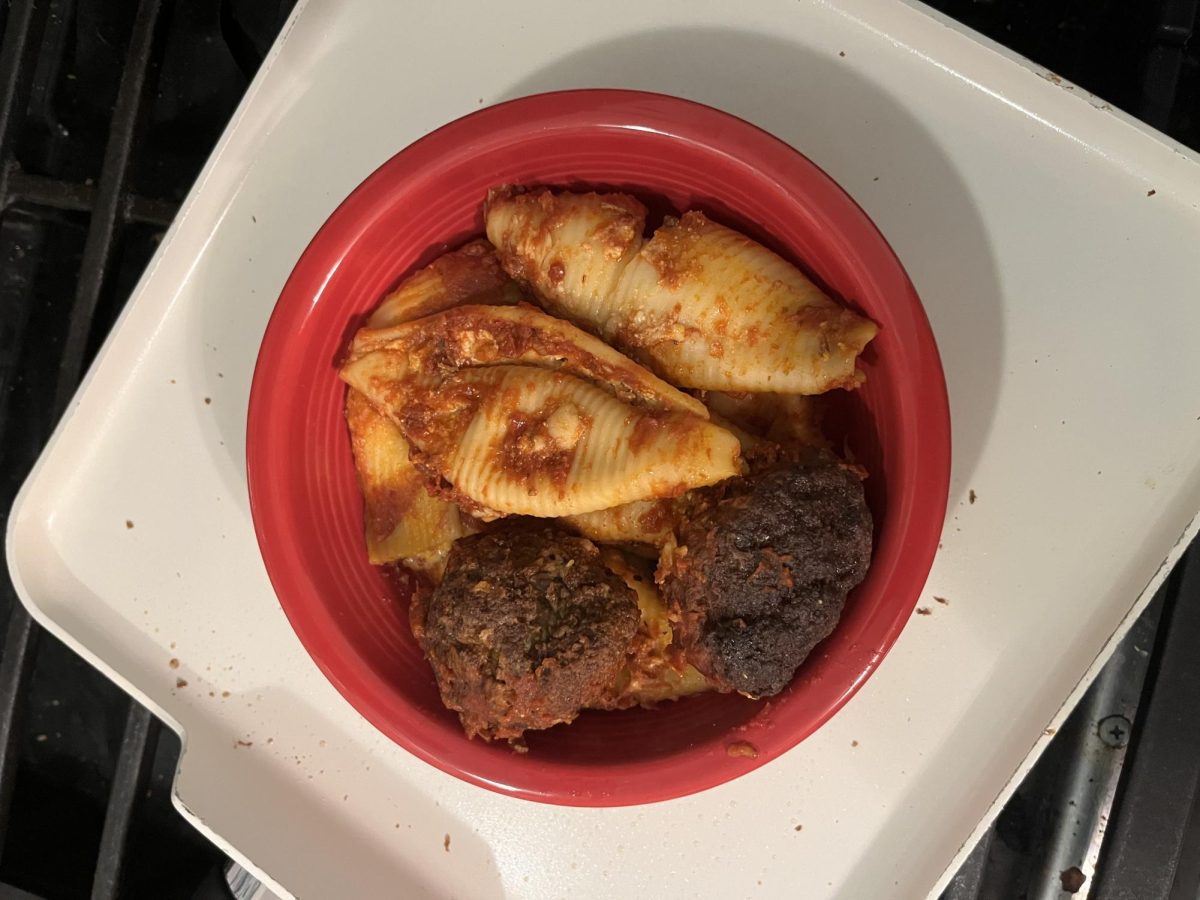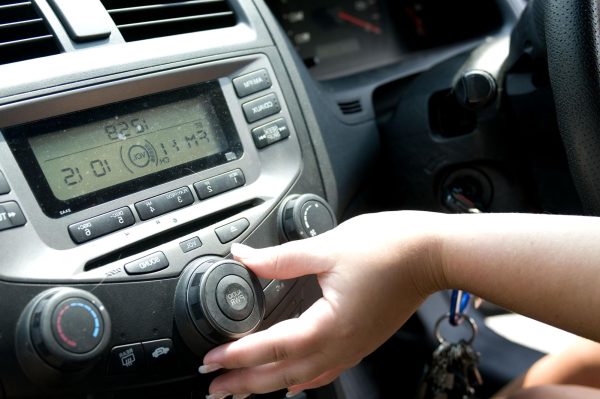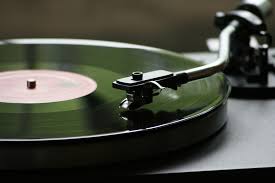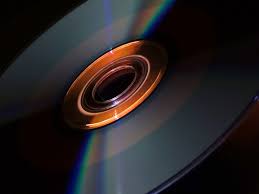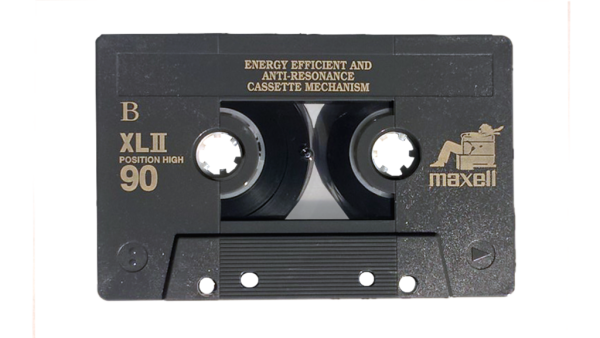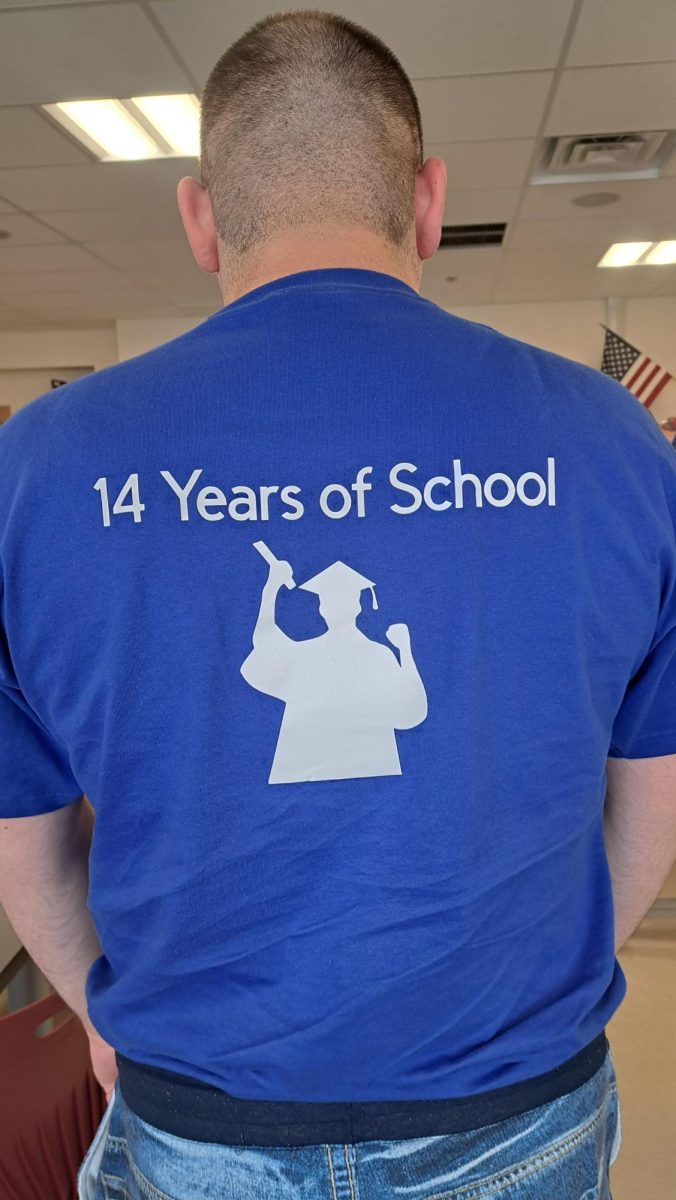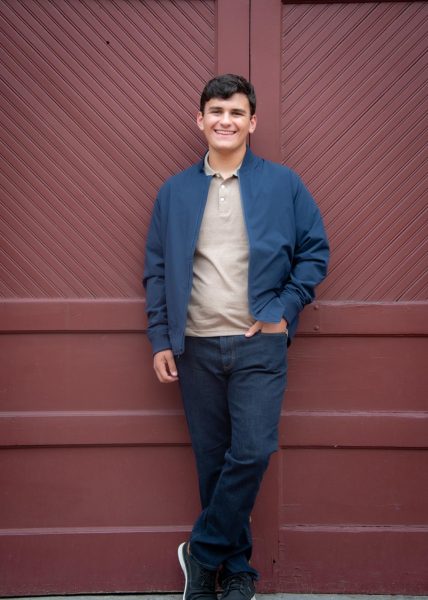At the dawn of the 21st century word on the street was that the era of physical music was quickly coming to an end; however, against all odds physical music sales are at a 40 year high with no signs of slowing down.
The rise of streaming platforms like Spotify and Apple Music were said to spell the end of records, cds and cassettes. The sentiment made sense–with millions of songs at your fingertips why would anyone spend the money on physical music?
In reality the digital music age has left people feeling disconnected from the art and artists feeling like they no longer have any control over how their album is consumed. These combined sentiments resulted in artists, specifically the powerhouses of the music industry like Taylor Swift, Beyonce, Adele, and others starting to put more emphasis on physical music during their album releases.
This sale of physical music gave artists more control over the consumption of their album as well as giving listeners a way to feel physically connected to a body of work.
“We don’t create albums with so much care and thought into our track listing for no reason. Our art tells a story and our stories should be listened to as we intended.” said Adele on X (Twitter), referring to the shuffle button being on by default on Spotify.
In the digital age of music, buying physical copies isn’t about having access to the music; it’s about the feeling of being connected to the album and listening to it in the way the artist intended.
“There’s something special about being able to tangibly own the music that matters to you,” said New Hartford student Maya Frawley.
Another benefit to buying physical copies of music is a more in-depth look at the aesthetic an artist is showcasing, “it contributes to our understanding of their themes” said Frawley.
Frawley notes that “the downside of digital media is that companies can take it away in an instant” and that “consumers deserve the chance to truly own the art that is meaningful to us.”
This is something that is often overlooked when thinking about digital media as a whole; anything that is being streamed can be wiped from the platform in an instant leaving consumers wondering why. For example, Dove Cameron; after releasing her single “Boyfriend” , wiped her first 8 songs from streaming.
As technology continues to advance and redefine how we consume art, the resurgence in physical media proves that convenience isn’t everything. For artists and listeners alike, records, CDs, and cassettes are more than just nostalgic; they are a form of ownership that carry meaning and require intention. In a world full of disposable media, giving listeners a chance to slow down and connect with the art, engage with the story, and respect the artist’s craft reminds us why music was never meant to be consumed, it was meant to be experienced.
